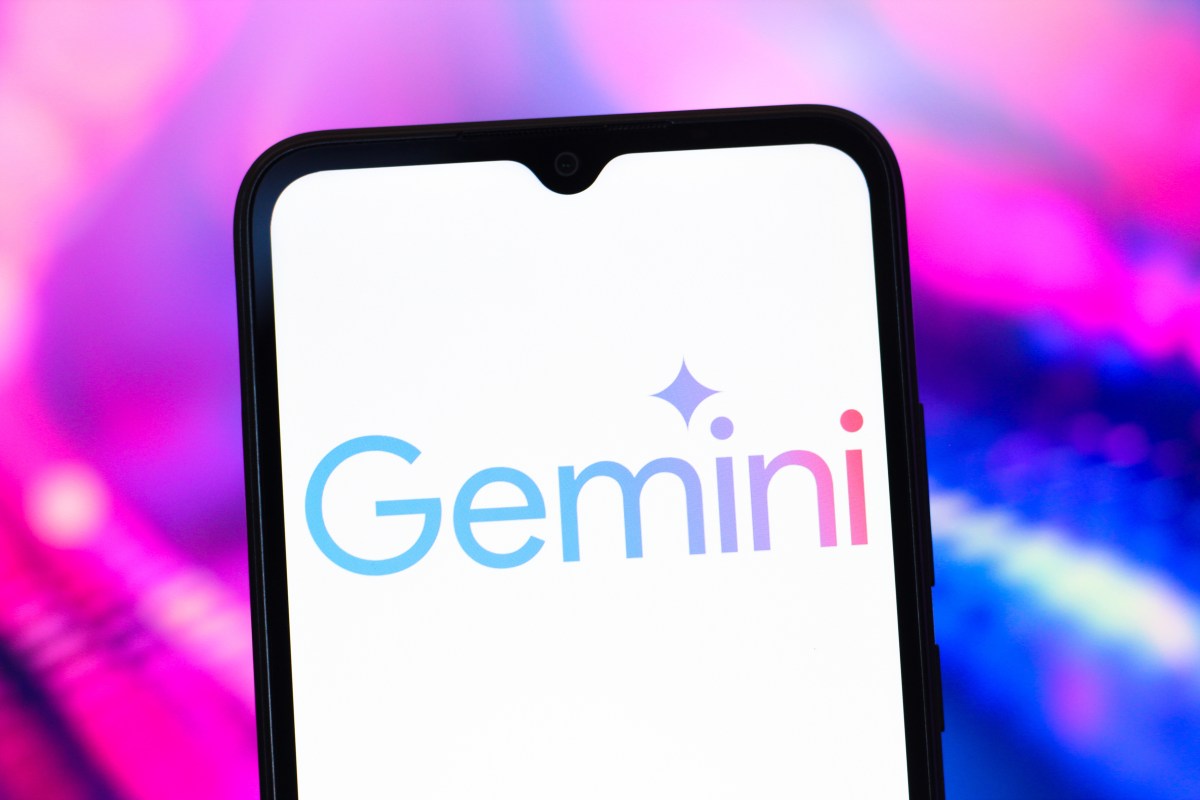Google has announced a major shift in its virtual assistant strategy, revealing plans to phase out Google Assistant in favor of its advanced Gemini AI platform. Starting later this year, Android smartphones will transition to Gemini as the default assistant, with broader integration across tablets, connected vehicles, wearables, and smart home devices to follow.
The company outlined a gradual migration plan, stating that users will be upgraded “over the coming months” before Assistant becomes unavailable on most mobile devices. This strategic move aligns with Google’s recent hardware decisions, including the launch of Pixel 9 smartphones that already feature Gemini as their default assistant.
Key improvements to Gemini’s functionality include:
- Enhanced voice command support for music playback and timer management
- Lock screen accessibility for quick actions
- Advanced conversational capabilities through Gemini Live
- Deep Research integration for complex information queries
Google emphasizes that existing Assistant features will remain operational until the full transition completes. The company plans to share detailed migration timelines and device-specific implementation plans in upcoming announcements.
This transition reflects Google’s broader AI ambitions, positioning Gemini as a more sophisticated platform capable of handling multi-step tasks and contextual interactions. Users can expect expanded capabilities in home automation management, cross-device synchronization, and personalized assistance as the rollout progresses.

